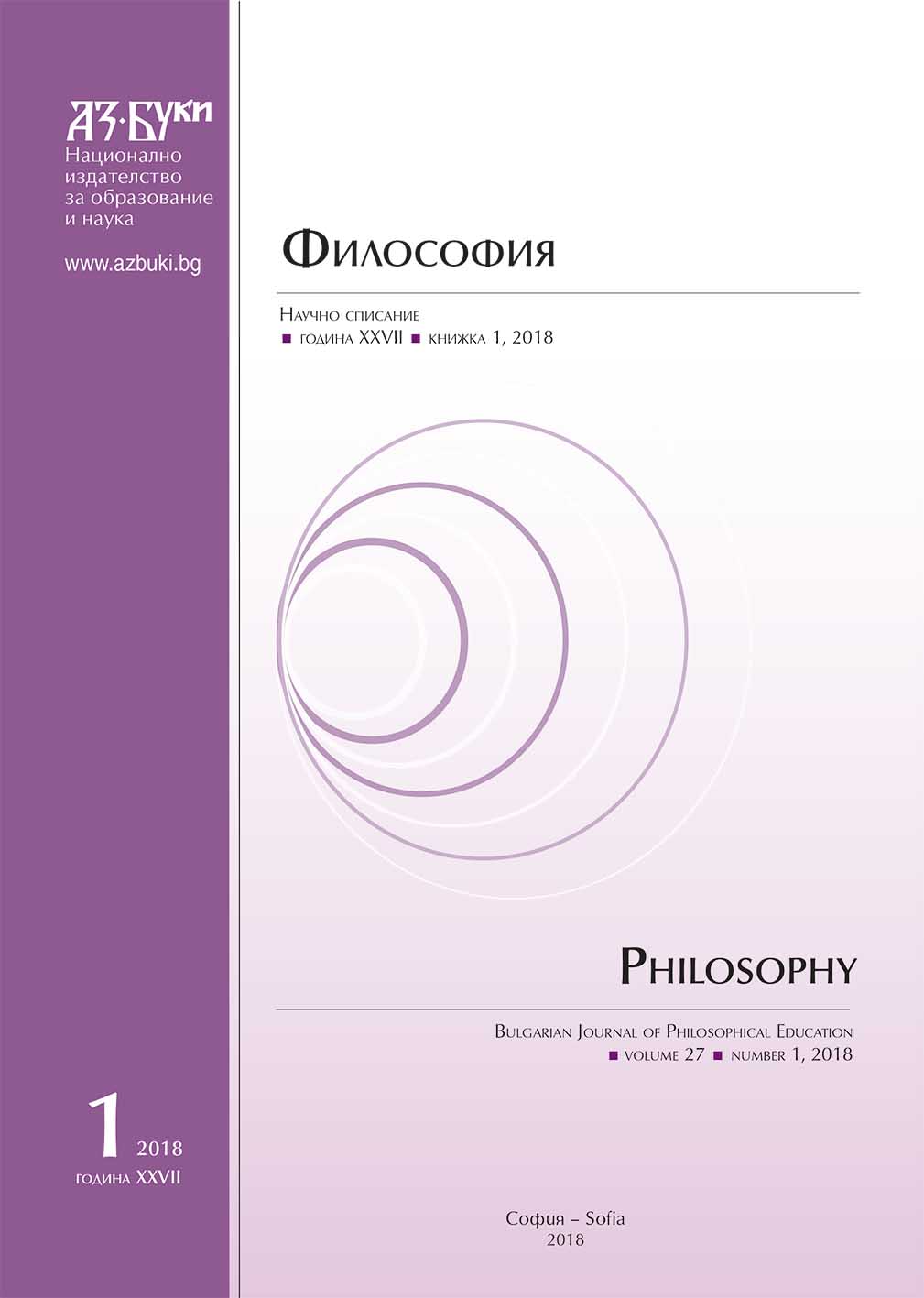На границата на интердисциплинарния подход към историята – насилието и някои ключови моменти от европейското минало през призмата на един опит за историко-психологически анализ
On the verge of the Interdisciplinary Approach to History – the violence and some key moments of the European past in the light of a venture of a Historical and Psychological Analysis
Author(s): Dimitar PetkovSubject(s): Philosophy, Social Sciences, Education, Psychology, History of Philosophy, Special Branches of Philosophy, Sociology, Vocational Education, Adult Education, State/Government and Education, History of Psychology, Social psychology and group interaction, Social development, Social differentiation, Substance abuse and addiction, Social Informatics, Victimology, Social Norms / Social Control, Inclusive Education / Inclusion, Philosophy of History
Published by: Национално издателство за образование и наука „Аз-буки“
Keywords: history; psychology; conflicts; violence; Renaissance; rationalism; creativity; development; capital; collective unconscious; archetypes
Summary/Abstract: The methods of the historical analysis are not sufficient to explain the past, because there is no history without psychology and there is no psychology without history. That is the main thesis of the present article. From that point of view, the author proposes an interdisciplinary explanation of the key moments from the European history, which combine the historical with psychological, as well as the philosophical analysis. These moments are: the rise of European civilization / the domination of European civilization over the rest of the world, the war and the violence that this civilization produces as a destructive force. The author tries to explain the destructive moments in the European history by means of the archetype “shadow”, which Carl Gustav Jung uses as а part of his theory for the collective unconscious. In the analyses some of Sigmund Freud’s opinions for the violence of the Human nature are used. On the base of the interdisciplinary analysis the author tries to explain the co-existence of creative and destructive principles in the course of the development of European society.
Journal: Философия
- Issue Year: 27/2018
- Issue No: 1
- Page Range: 94-112
- Page Count: 19
- Language: Bulgarian
- Content File-PDF

